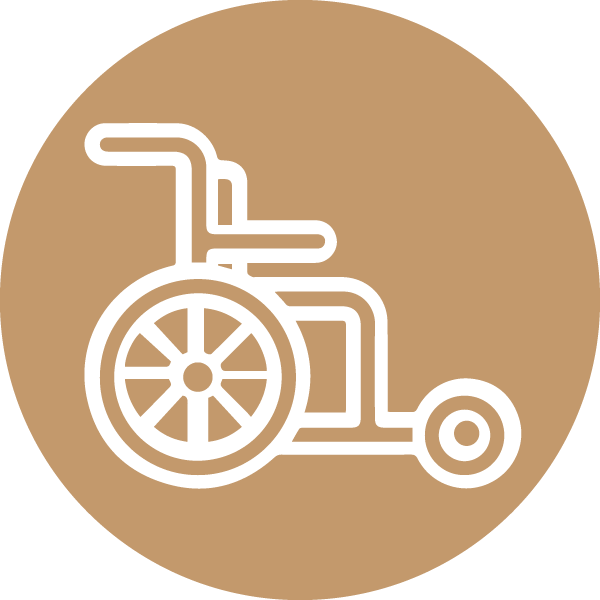Personalized care that feels like home.
Nursing care and rehabilitation in the heart of Merrillville, Indiana.
Welcome to Lincolnshire Healthcare and Rehabilitation Center
We believe that premium treatment starts and ends with the patient experience. You and your loved ones can trust our staff to deliver the best in specialized care and rehabilitation services, all while maintaining an atmosphere of warmth and comfort.
Our Approach to Care

SPECIALIZED CARE
Our specialized care options are catered to service a wide array of client needs and help patients regain their optimal level of strength and independence. We’re committed to providing specialized services for you or your loved one.

REHABILITATION
We empower our patients to reach their personal independence goals through individualized treatment plans.

“…I am very pleased with the care given. The staff is very caring. The nurse assigned to my aunt goes over and above to provide excellent care…”
– Jacqueline A.
Contact Us
We’d love to show you around our beautiful facility. To speak with a facility representative to learn more about our care options and to schedule a tour, you can also reach out to our admissions team at:

Feel free to reach out to our Compliance Hotline with comments, questions or concerns. We strive to return all calls within 48 business hours.
All calls are kept confidential. Call 1.800.610.2544 or email WeCare@Casa-HC.com.
Copyright © Lincolnshire Healthcare and Rehabilitation Center. All rights reserved.